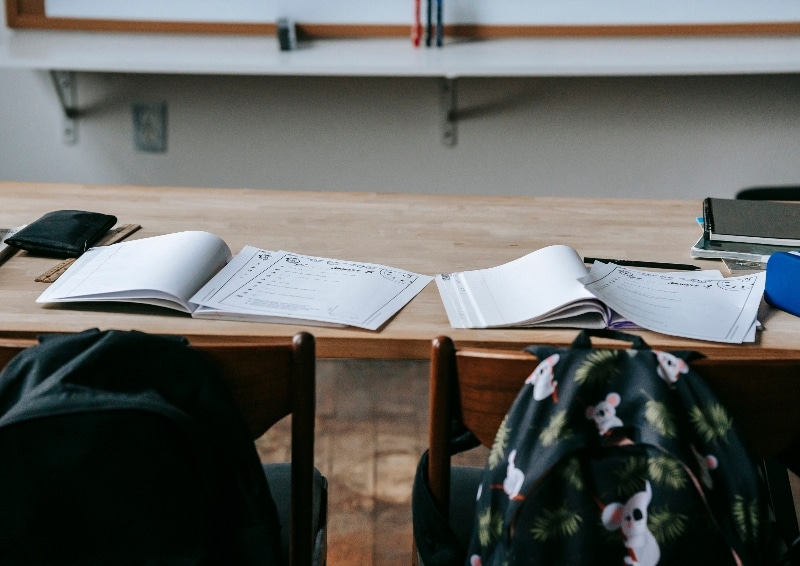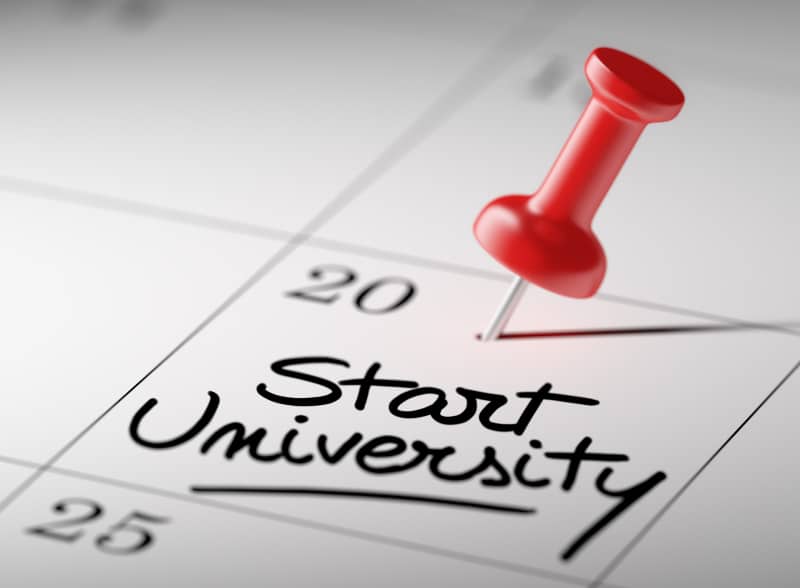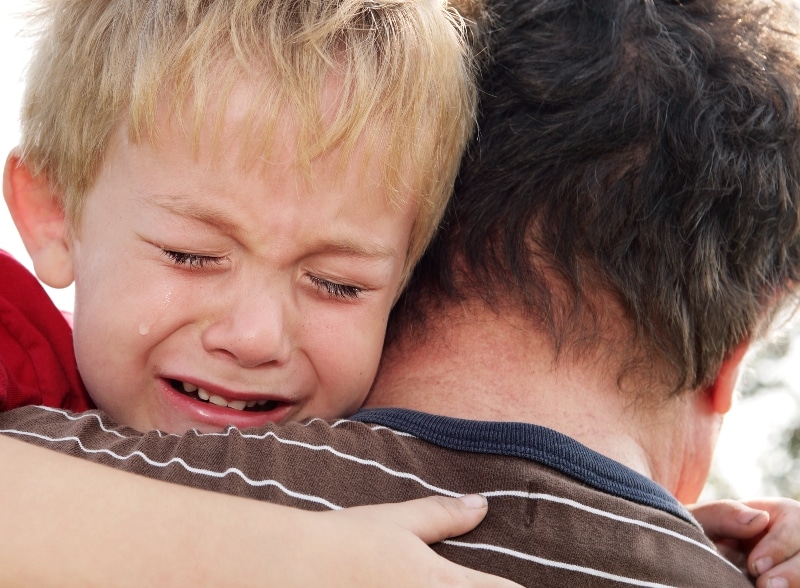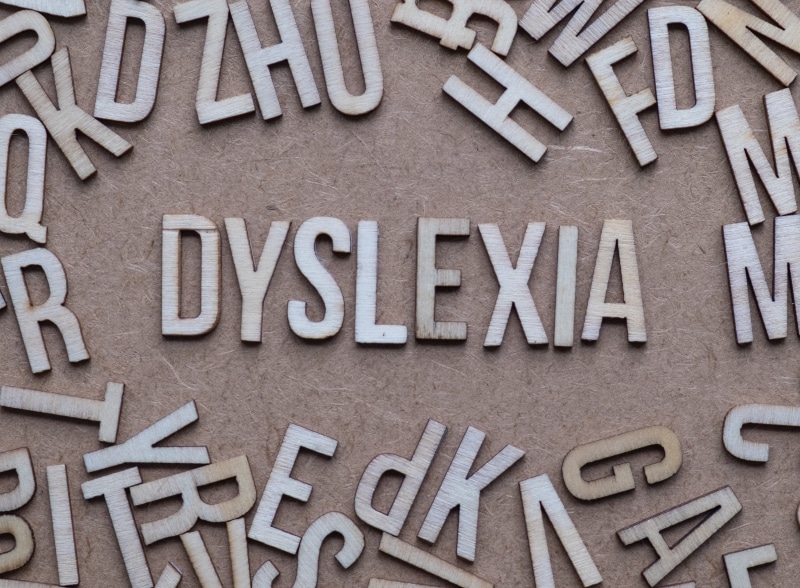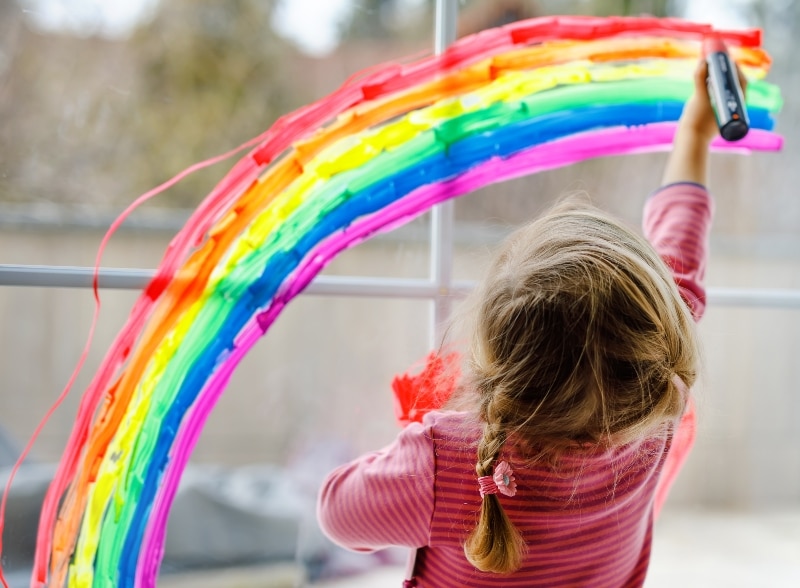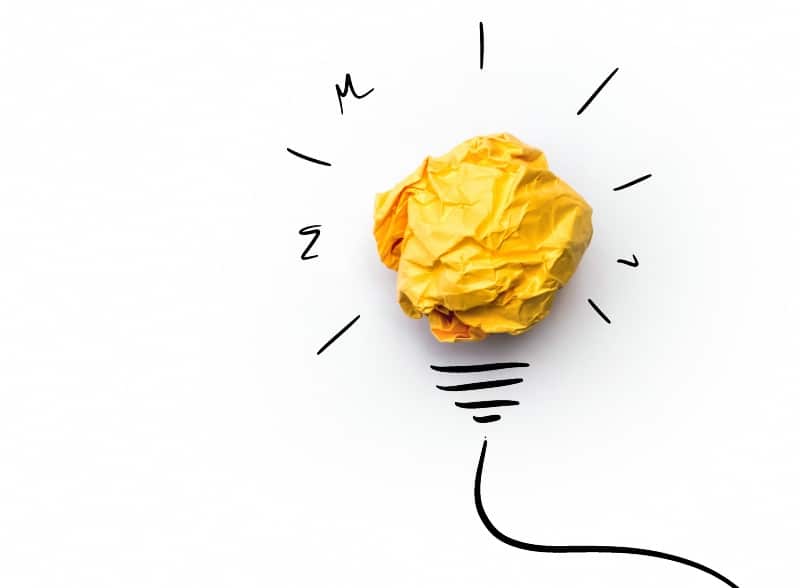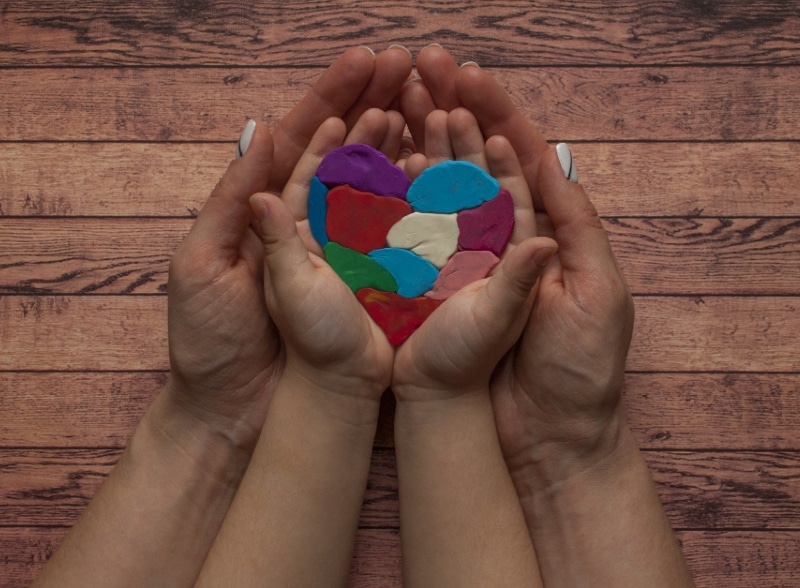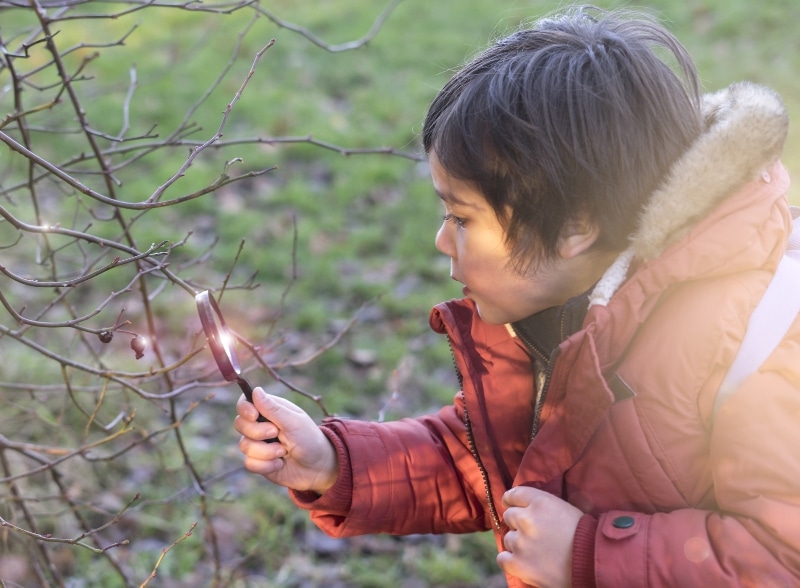
Supporting Autistic Students as They Transition to University: A Video
University dropout is more common for autistic young people than for non-autistic young people and the change from school to university can pose many challenges. In this video, youth development researcher, Dr Kathryn Bates, and writer and researcher, Kerrie Portman, herself a young autistic person who has gone through this experience, discuss key recommendations on how we can best support autistic young people as they transition to university.



